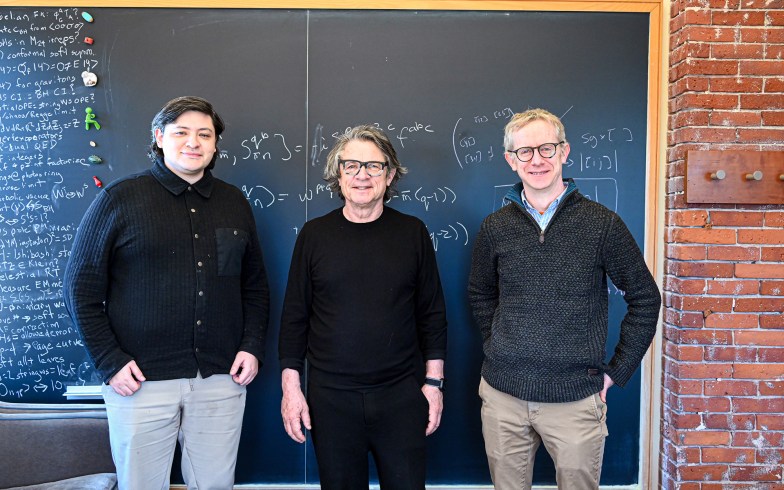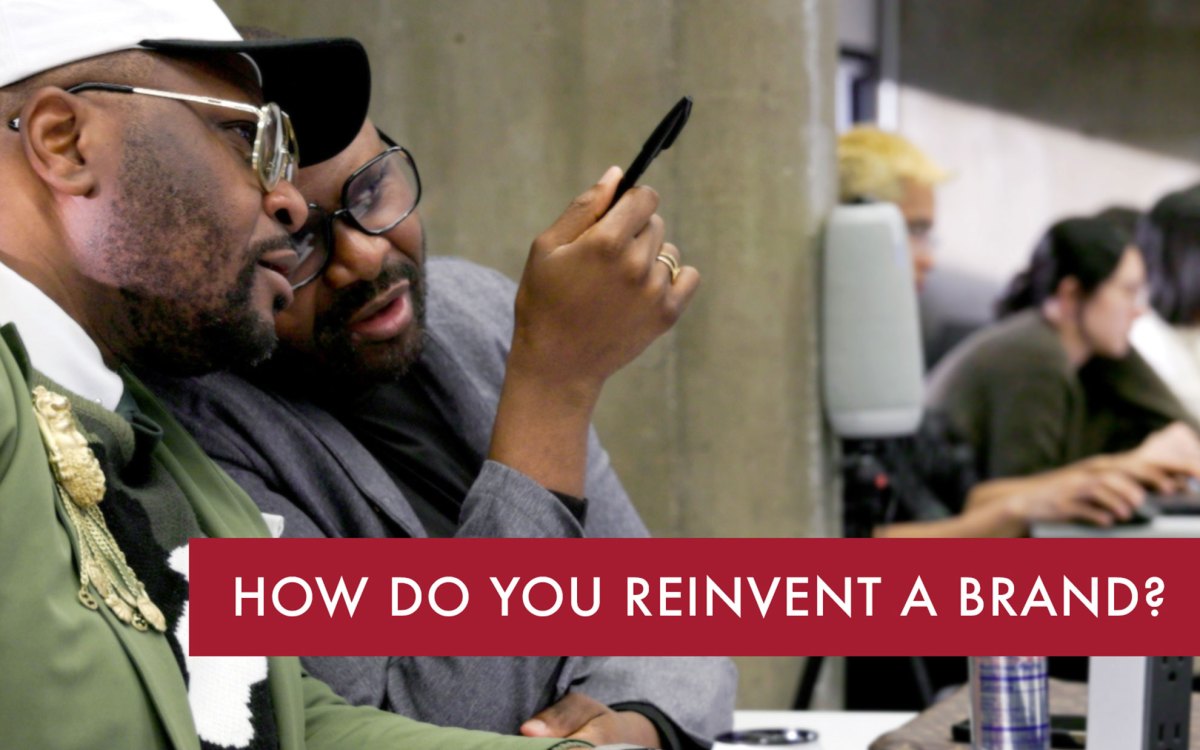-


Can a chatbot be a co-author?
Physicists take souped-up ChatGPT out for a spin, return home with significant discovery
-

What’s next for GLP-1s?
Scientists eye new treatment targets for popular weight-loss drugs, from heart failure to addiction
-

Yes, China has embraced renewables – but don’t call it a transition, expert says
Kennedy School panelists ponder next chapter in a tale of two superpowers
-

How academia can help America heal
First step, says columnist David Brooks, is to understand its role in the problem
-
 Arts & Culture
Arts & CultureMoved by what’s missing in Homer’s ‘Harrow’
Curator launches series steeped in U.S. history










